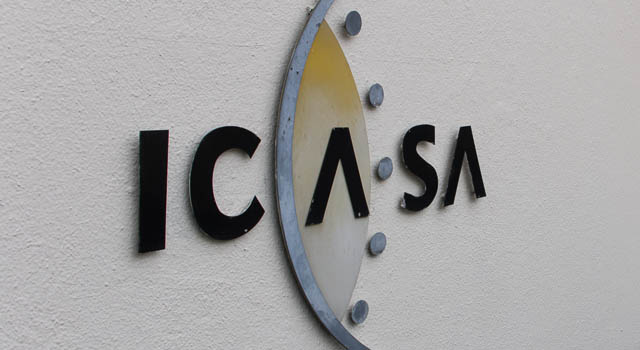
Communications regulator Icasa has laid criminal charges against the SABC for failing to adhere to a ruling it made regarding the withdrawal of its “protest policy”, MPs heard on Wednesday.
The broadcaster appeared to have reneged on its agreement to abide by the order to withdraw its decision not to air footage of violent protests, Icasa councillor Nomvuyiso Batyi told parliament’s ad hoc committee looking into the SABC board.
On 26 May, the broadcaster banned the airing of footage of violent protests on its television stations. Icasa held public hearings and, on 11 July, instructed the SABC to reverse its decision.
Batyi said the SABC never provided any proof of its withdrawal of the policy, despite agreeing to abide by Icasa’s order on 20 July.
“As you can imagine, the authority was faced with a dilemma — that here is an entity that advised it would abide by its decision,” she told MPs.
“But later on, we were informed the SABC has never actually canned any programming.”
She said they followed up with the attorneys of the eight SABC journalists, who were fired, and then rehired, for speaking out against the policy. The attorneys said none of them had received formal notification that the “protest policy” had been withdrawn.
“They responded and said a culture of censorship and fear continues in the SABC newsroom,” Batyi said.
Icasa approached the organisations which originally complained about the protest policy: the Save Our SABC coalition, the Freedom of Expression Institute and Media Monitoring Africa. They were still collecting information in order to respond.
“Because the SABC has failed to comply with section 17 of the Icasa Act, as of last week 29 November, we laid criminal charges against the SABC with the SAPS in Bramley.”
On 20 July, the high court in Pretoria interdicted the SABC from implementing its protest policy, following an application by the Helen Suzman Foundation.

